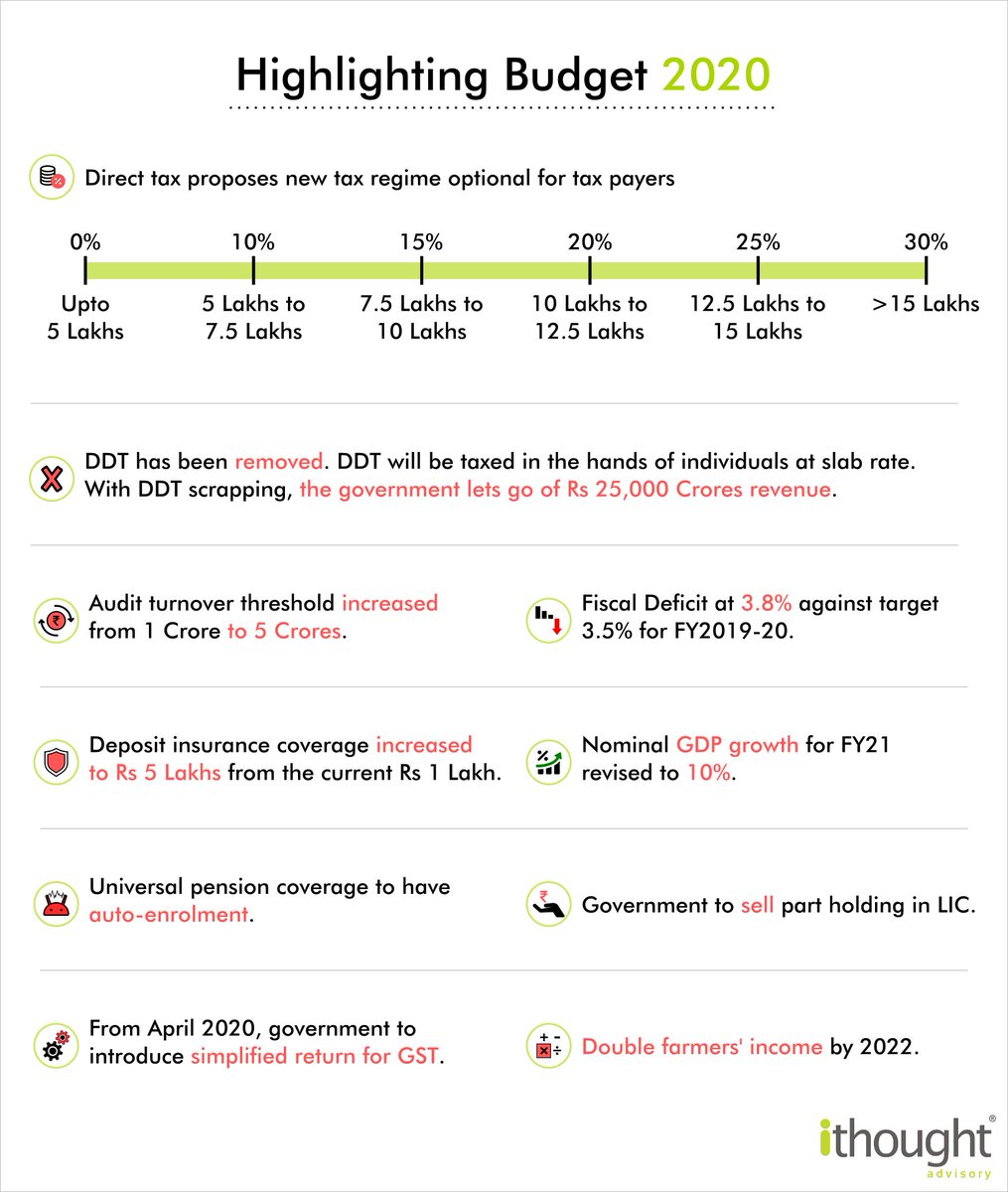
Should we #invest now or wait until the #USElections2020 are over?
What happens to my #portfolio if #Trump doesn’t come back to power?
Should we rethink global exposure w.r.t US elections?
Could the #markets correct?
With the #economy where it is, can I hold the money in fixed deposits for the next few years and then enter into the #equity market when there is less volatility?
If I have money today, how should I invest across asset classes? Should I invest based on market opportunity or my asset allocation?
I’ve been #investing through SIPs since 2017-2018. How long until I see decent returns (at least 7 to 9%)?
Should I invest in #index schemes and avoid sectoral calls? Won’t my portfolio be less volatile over the long-run?
Could the #interestrates go down further?
With low #interestrates, what are the long-term options in debt without involving #creditrisk funds?
Is it viable to do a SIP in #debtfunds at such low-interest rates?
• • •
Missing some Tweet in this thread? You can try to
force a refresh



